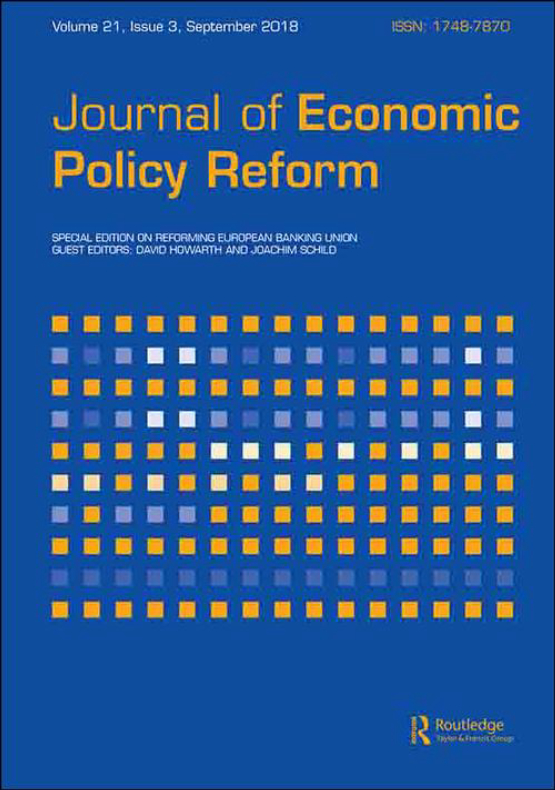Submit a Manuscript to the Journal
Journal of Economic Policy Reform
For a Special Issue on
Power and Diplomacy in Global Governance: Understanding Structure and Strategy in the United Nations Security Council
Manuscript deadline

Special Issue Editor(s)
Madeleine O. Hosli,
Leiden University, The Hague
m.o.hosli@fgga.leidenuniv.nl
Gabriela M G Bueno,
Leiden University, The Hague
gabrielamgbueno@gmail.com
Sofia Pires Lopes,
Leiden University, The Hague
sofiapireslopes11@gmail.com
Katyayni Champawat,
Leiden University, The Hague
katyayninaila@gmail.com
Power and Diplomacy in Global Governance: Understanding Structure and Strategy in the United Nations Security Council
This special issue examines the United Nations Security Council (UNSC) as an evolving microcosm of diplomacy, in which voting, coalition formation, and resolution co-sponsorship function as interdependent practices of strategic interaction. Rather than treating these as discrete procedural mechanisms, the Issue highlights how member states—both permanent and elected—engage in relational forms of influence through signaling, alignment, and negotiated support. Focusing on the institutional and informal dimensions of UNSC behavior, the contributions aim to uncover how diplomatic authority is exercised by its members, how reputational capital is accumulated, and how alignments are sustained or contested within the broader scope of multilateral negotiation. This microcosm is representative of the prevalent power dynamics on a global stage.
While recent research has focused on UNSC reform and conflict-specific interventions, much of this work examines the UNSC’s output rather than the diplomatic processes through which such outcomes are achieved. This Special Issue redirects attention to the practices that precede the vote, from informal consultations and pre-negotiations of the decision-making process to symbolic acts of sponsorship and abstention. In doing so, it also addresses a second gap in the literature: the lack of integrated analyses of voting behavior, coalition formation, and co-sponsorship as strategically coordinated behaviors, rather than isolated variables. Ultimately, evaluating the space allocated for the representation and voice of developing countries in decision-making within international institutions is crucial to delivering more effective, accountable, and legitimate institutions.
The issue aims to offer not just new data or models, but new conceptual pathways for understanding how influence is exercised and legitimacy is constructed within international systems. In parallel with its academic aims, this special issue offers practical value to policymakers, diplomats, and observers engaged with the UNSC. Above all, we aim to rethink how power is exercised in multilateral settings, not only through what is decided, but also through how decisions are made. In doing so, it supports more informed, strategic, and context-sensitive engagement with the UNSC’s evolving practices, providing not only a general framework for engagement in other international institutions, but also one to rethink how power is exercised in multilateral settings through the decision-making processhow decisions are made.
Contributions may adopt quantitative, qualitative, or mixed-method approaches, with particular value placed on work that reflects procedural nuance, institutional insight, and strategic variation across cases and UNSC configurations. Our aim is to ensure a diverse range of institutional backgrounds and schools of thought, encompassing contributions from both the Global North and the Global South.
Submission Instructions
- Word Limit: 8-9k
- Accepted papers: manuscripts that adopt quantitative, qualitative, or mixed-methods approaches
- Style: Chicago (Author-date)
- Deadline for manuscrip submission: 10th December 2025
- Expected publication dates: Spring 2026

